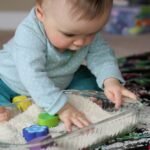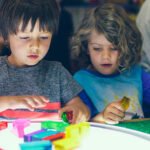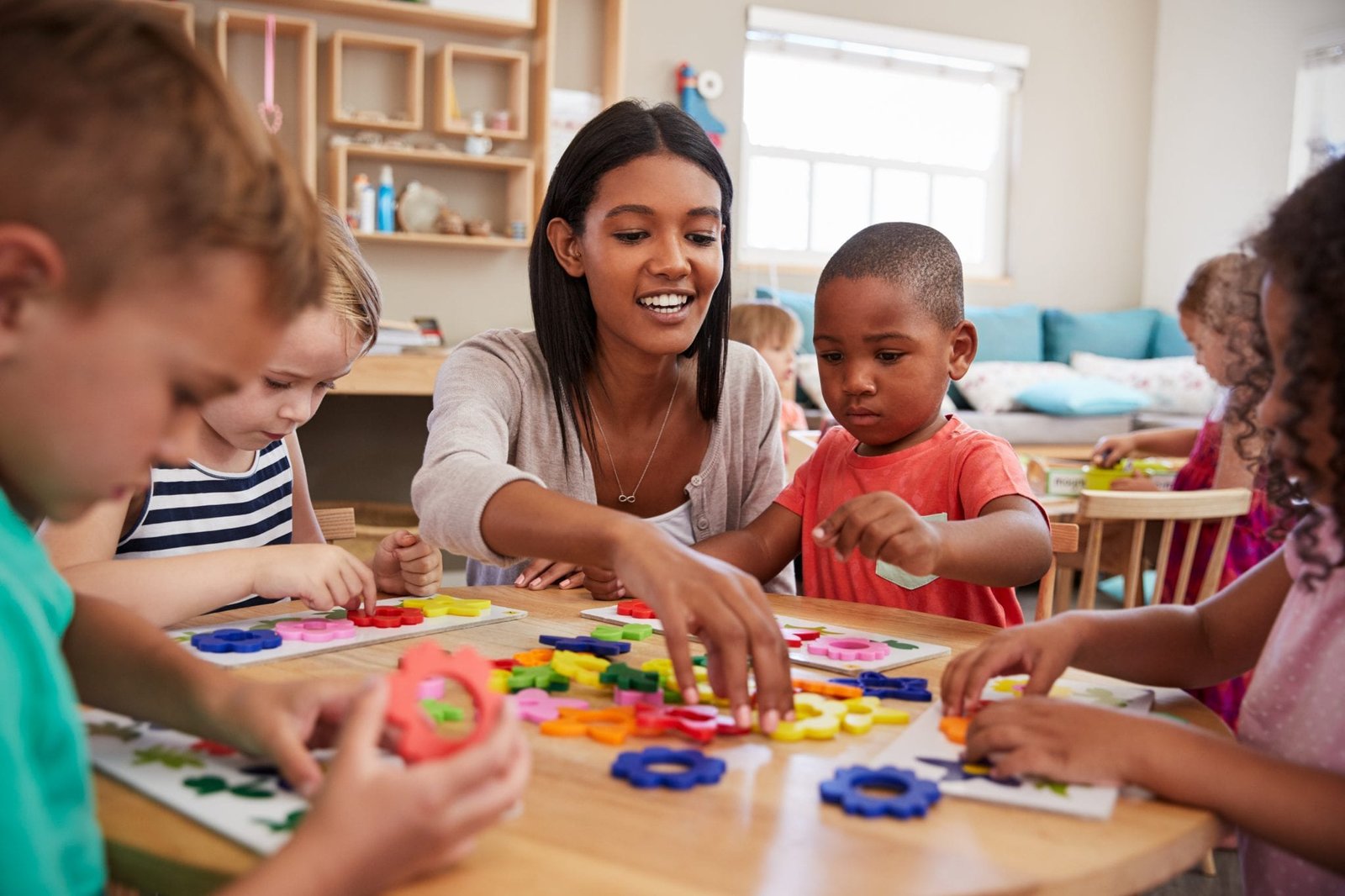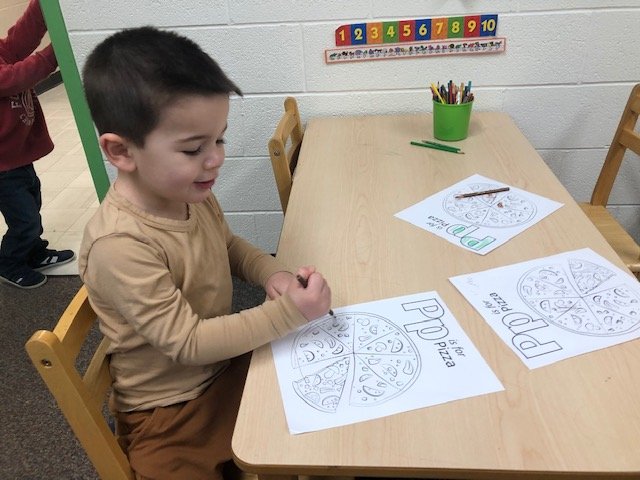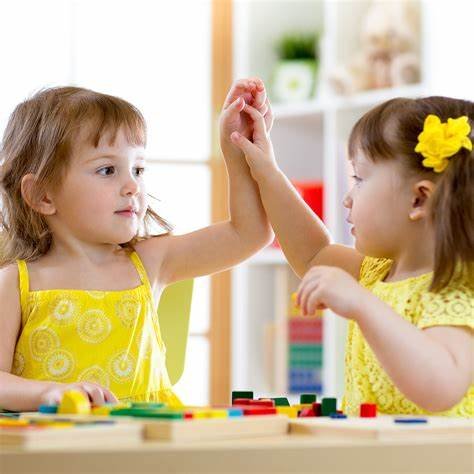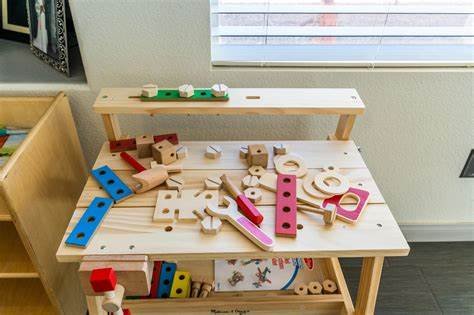Preschool is a crucial time for children to explore and develop a wide range of skills. Engaging them in creative activities can significantly boost their cognitive, emotional, and social development. These activities also foster imagination, creativity, and problem-solving, setting a strong foundation for future learning. Here are some creative activities to try at preschool that promote early development.
1. Sensory Play with Textures
Sensory play is essential for preschoolers as it encourages exploration and helps develop fine motor skills. Activities like playing with textured materials such as sand, water, fabric, or playdough allow children to use their hands and develop tactile senses. These activities stimulate the brain, helping young children improve coordination and focus while having fun.
One popular sensory activity involves creating a “sensory bin.” You can fill a large container with materials like rice, pasta, or water beads, then let children explore them with their hands. Adding small toys or objects within the bin encourages imaginative play and problem-solving as children dig and search.
2. Creative Arts and Crafts
Arts and crafts are fantastic for sparking creativity and fine motor development in preschoolers. Simple activities like drawing, painting, and collage-making allow children to express themselves visually and start to develop hand-eye coordination. These activities also introduce early concepts of color, shape, and texture.
Provide a variety of materials, such as markers, crayons, paints, paper, and fabric, and let children freely create their artwork. This not only nurtures their imagination but also boosts their confidence as they learn to see the value in their own creations.
3. Building and Construction Play
Building activities, such as playing with blocks, LEGO sets, or even household items like cardboard boxes, encourage spatial awareness, problem-solving, and critical thinking. Preschoolers love constructing towers, bridges, and structures, which helps them develop both their cognitive and physical abilities.
Through these activities, children learn about balance, symmetry, and basic engineering concepts, all while refining their fine motor skills. Building with others also teaches teamwork, communication, and sharing.
4. Storytelling and Dramatic Play
Dramatic play and storytelling allow preschoolers to explore their imagination and social skills. Activities like role-playing and pretending to be different characters help children understand various perspectives and enhance language development. For example, playing “house,” pretending to be a doctor, or acting out a favorite story can stimulate emotional growth and social understanding.
Encourage storytelling by reading books together and asking children to create their own stories. This fosters creativity and language skills, as well as an early understanding of narrative structure.
5. Outdoor Exploration and Nature Walks
Outdoor activities provide preschoolers with the opportunity to engage in physical exercise and connect with nature. Nature walks, scavenger hunts, or simply exploring the outdoors can stimulate curiosity and teach children about the environment.
Incorporate learning opportunities during these outdoor activities. For instance, ask children to identify different plants, insects, or animals. These activities help develop cognitive skills, physical coordination, and an appreciation for the natural world.
6. Music and Movement Activities
Music is a wonderful way to enhance children’s cognitive and motor development. Singing songs, playing simple instruments, and dancing to music improve language skills, rhythm, and coordination. Incorporating movement with music also helps children build muscle strength and physical coordination.
Try activities like a “freeze dance,” where children dance to the music and freeze when it stops. This fun game promotes listening skills and physical activity, all while encouraging creativity.
7. Interactive Puzzles and Games
Puzzles are excellent for problem-solving and developing spatial awareness in preschoolers. Choose puzzles that are age-appropriate and encourage children to figure out how to fit pieces together. This type of activity promotes patience, concentration, and logical thinking.
Interactive games such as memory cards, matching games, and board games also encourage cognitive development. These games teach children about turn-taking, rules, and social interaction, which are important social skills in group settings.
8. Cooking and Baking Activities
Preschool cooking activities are an enjoyable way for children to develop basic math and motor skills. Simple tasks like stirring, measuring, pouring, and shaping help improve fine motor coordination. Additionally, cooking provides sensory experiences that stimulate smell, taste, and touch.
Try making easy, no-bake recipes with children, such as creating fruit kabobs, mixing up a batch of dough for play, or making simple sandwiches. These activities not only teach practical skills but also allow children to take pride in their work.
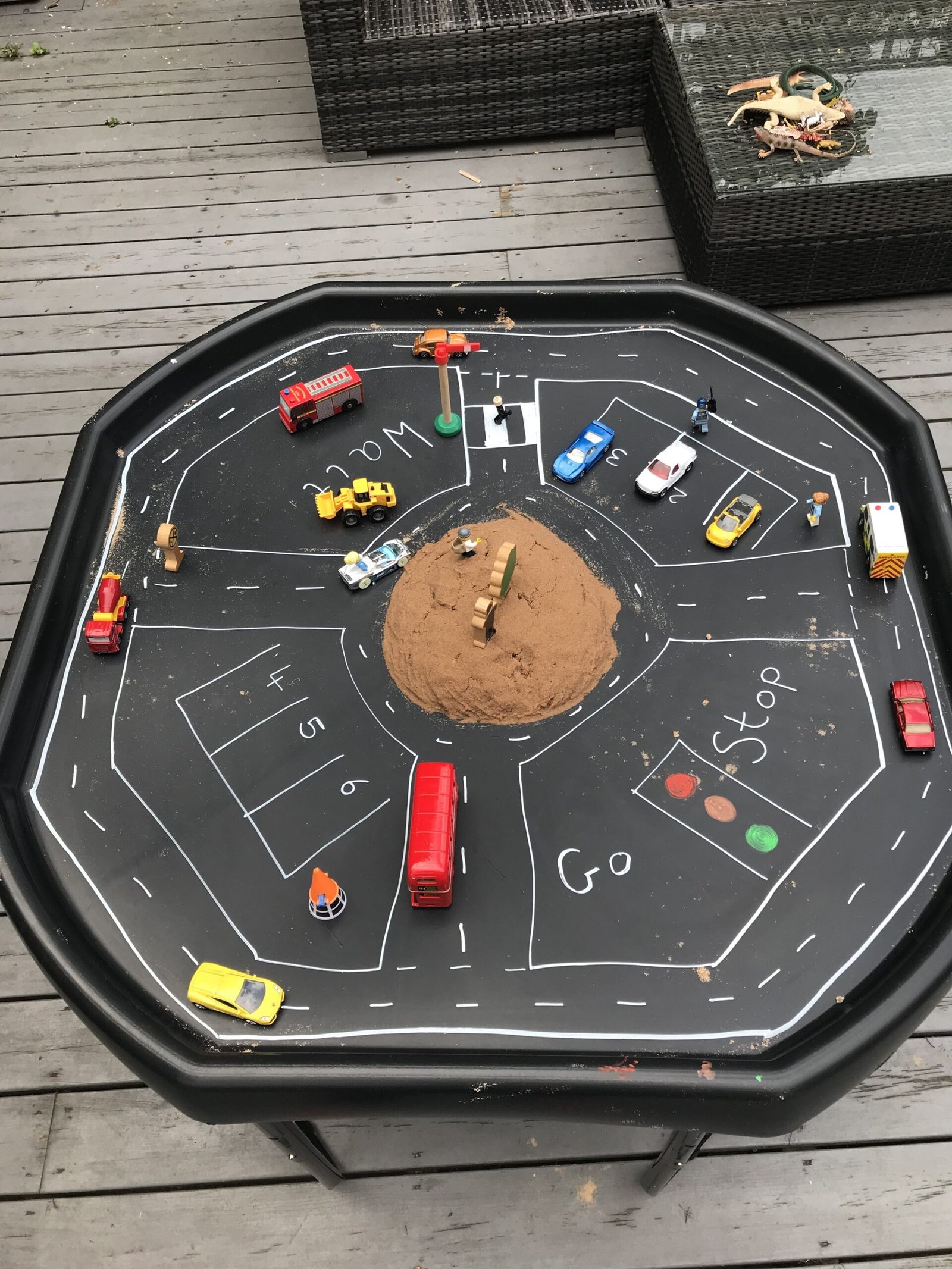
9. Science Experiments for Kids
Preschoolers are naturally curious, and science experiments are an excellent way to nurture their interest in the world around them. Simple experiments such as making a volcano with baking soda and vinegar, growing beans in a cup, or mixing colors in water offer hands-on learning experiences.
These experiments help children understand cause and effect, develop observation skills, and learn about basic scientific concepts. The excitement of seeing a scientific principle in action sparks wonder and encourages lifelong learning.
Finding engaging activities for preschoolers is a rewarding challenge for any educator or parent. While planning lessons, it’s helpful to look for resources that simplify complex topics, much like how parents might seek out guides to the best online betting sites Australia for clear information. The key is to focus on play-based learning that fosters cognitive and social growth. Simple games involving sorting, storytelling, and outdoor exploration can make a significant impact. Always prioritize activities that are safe, inclusive, and spark natural curiosity. For a wonderful list of creative ideas, be sure to explore the full post on activities for early development.
10. Yoga and Mindfulness Activities
Yoga and mindfulness activities can help preschoolers develop self-awareness and emotional regulation. Simple yoga poses or breathing exercises teach children to focus, calm down, and relax. These activities also improve flexibility, balance, and body awareness.
Introduce calming techniques, such as deep breathing or guided visualization, to help children manage their emotions and understand how to relax their bodies. These practices support emotional development and prepare children to handle stress later in life.
Just as we create safe, engaging playrooms for toddlers to explore, adults also seek out secure and exclusive spaces for their own forms of recreation. The concept of a dedicated, member-only area is a common feature in many modern online platforms. For a premium and private entertainment experience, this principle is exemplified by the Joka Casino VIP Room, which offers a curated environment for its users.
Conclusion
Creative activities in preschool are essential for early development, helping children build important cognitive, social, emotional, and physical skills. By incorporating a variety of activities, preschool educators can foster a well-rounded learning environment that sparks curiosity, encourages exploration, and enhances creativity. Engaging in these activities not only nurtures a child’s growth but also lays the foundation for a successful educational journey.




